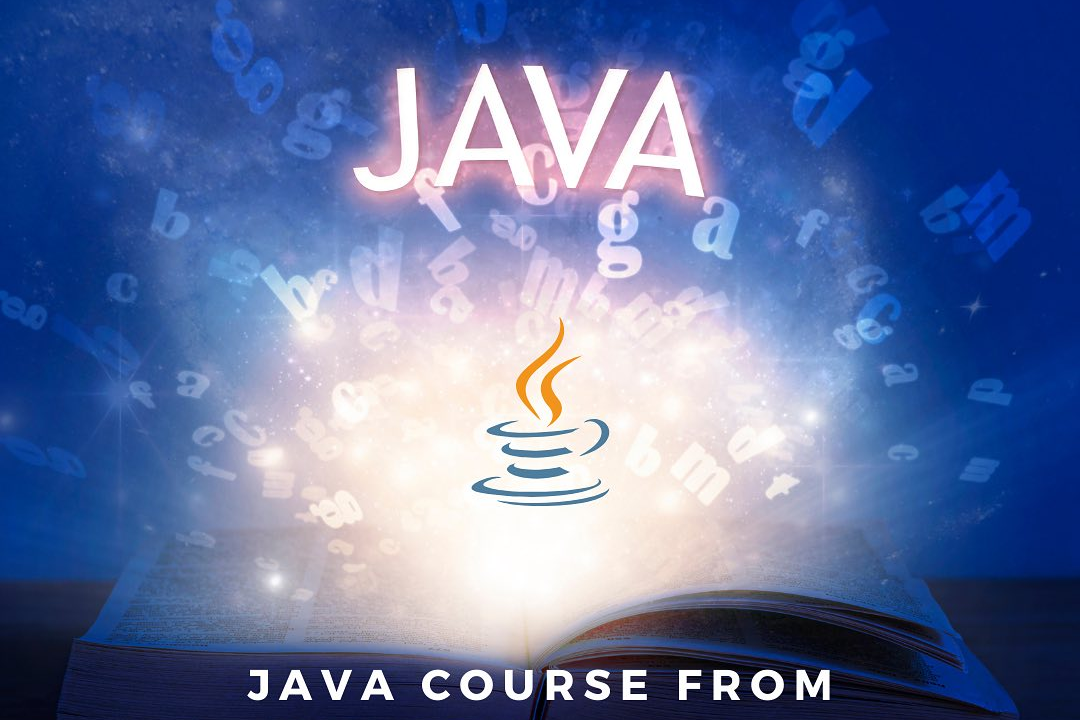Java for big data processing
Harnessing Java for Effective Big Data Processing
Java for big data processing
Java is a widely-used programming language that plays a significant role in big data processing due to its platform independence, robustness, and scalability. It is the foundational language for many big data frameworks, such as Apache Hadoop and Apache Spark, which are designed to handle and analyze large datasets efficiently. Java's object-oriented features enable developers to construct complex data models and algorithms, while its multithreading capabilities optimize performance for processing vast amounts of data simultaneously. Furthermore, Java's extensive ecosystem, including libraries and APIs, facilitates integration with various data storage solutions like HDFS, NoSQL databases, and cloud platforms, making it a suitable choice for building scalable big data applications.
To Download Our Brochure: https://www.justacademy.co/download-brochure-for-free
Message us for more information: +91 9987184296
1 - Introduction to Big Data: Understand the concept of Big Data, its characteristics (volume, velocity, variety, veracity, value), and the importance of processing large datasets efficiently.
2) Java Overview: Get an introduction to Java as a programming language, including its platform independence, object oriented principles, and rich ecosystem, which makes it suitable for Big Data applications.
3) Java Development Environment: Set up the necessary tools and frameworks for Java development, including IDEs like IntelliJ IDEA or Eclipse, and JDK installation.
4) Data Structures and Algorithms: Learn about essential data structures (arrays, lists, maps) and algorithms (sorting, searching) in Java, crucial for manipulating and processing large datasets effectively.
5) Introduction to Hadoop: Explore Apache Hadoop, the foundational framework for Big Data processing, and how Java plays a pivotal role in developing Hadoop applications.
6) Hadoop Ecosystem: Dive into the components of the Hadoop ecosystem, such as HDFS (Hadoop Distributed File System), MapReduce, and YARN (Yet Another Resource Negotiator) with a focus on how to interact with each using Java.
7) MapReduce Programming: Understand the MapReduce programming model in depth. Students will learn how to write Java programs that perform the Map and Reduce functions to process data in parallel.
8) Working with HDFS: Learn how to read and write data from HDFS using Java, including file operations and data management best practices.
9) Apache Spark with Java: Get introduced to Apache Spark, a powerful engine for large scale data processing, and how to leverage its capabilities using Java for faster data analysis.
10) Streaming Data Processing: Explore real time data processing using Apache Spark Streaming and learn how to build Java applications that handle live data feeds.
11) NoSQL Databases: Understand the role of NoSQL databases (like HBase, Cassandra) in Big Data and learn how to interact with them using Java, focusing on data modeling and CRUD operations.
12) Data Serialization: Learn about data serialization techniques in Java, including Avro and Parquet, which are vital for efficient data storage and communication in Big Data applications.
13) Performance Optimization: Explore best practices for optimizing Java applications for Big Data, including memory management, multi threading, and tuning JVM settings to improve performance.
14) Testing and Debugging: Gain insights into testing methodologies and debugging techniques specifically for Big Data applications developed in Java, ensuring robust and error free code.
15) Real World Case Studies: Analyze successful applications of Java in Big Data across various industries, discussing real world challenges and solutions implemented using Java technologies.
16) Hands On Projects: Participate in hands on projects that involve building Big Data applications using Java, reinforcing theoretical knowledge with practical experience.
17) Industry Tools and Frameworks: Familiarize students with industry standard Big Data tools and frameworks (like Hive, Pig, Flink) and how they can interact with Java, enhancing their skill set.
18) Career Opportunities: Discuss various career paths available in the field of Big Data processing with Java, including roles such as Big Data Developer, Data Engineer, and more.
19) Future Trends in Big Data: Stay updated on emerging trends and technologies in Big Data and how Java is evolving to cater to the growing needs of the industry.
20) Course Summary and Certification: Conclude the program with a comprehensive summary, and offer certification upon successful completion for students to validate their skills in Java for Big Data processing.
By following this outline, students can expect a thorough understanding of how Java can be applied in the field of Big Data, equipping them with the necessary skills to succeed in this rapidly evolving domain.
Browse our course links : https://www.justacademy.co/all-courses
To Join our FREE DEMO Session: Click Here
Contact Us for more info:
- Message us on Whatsapp: +91 9987184296
- Email id: info@justacademy.co
automation testing courses in pune with placement
automation testing courses online












